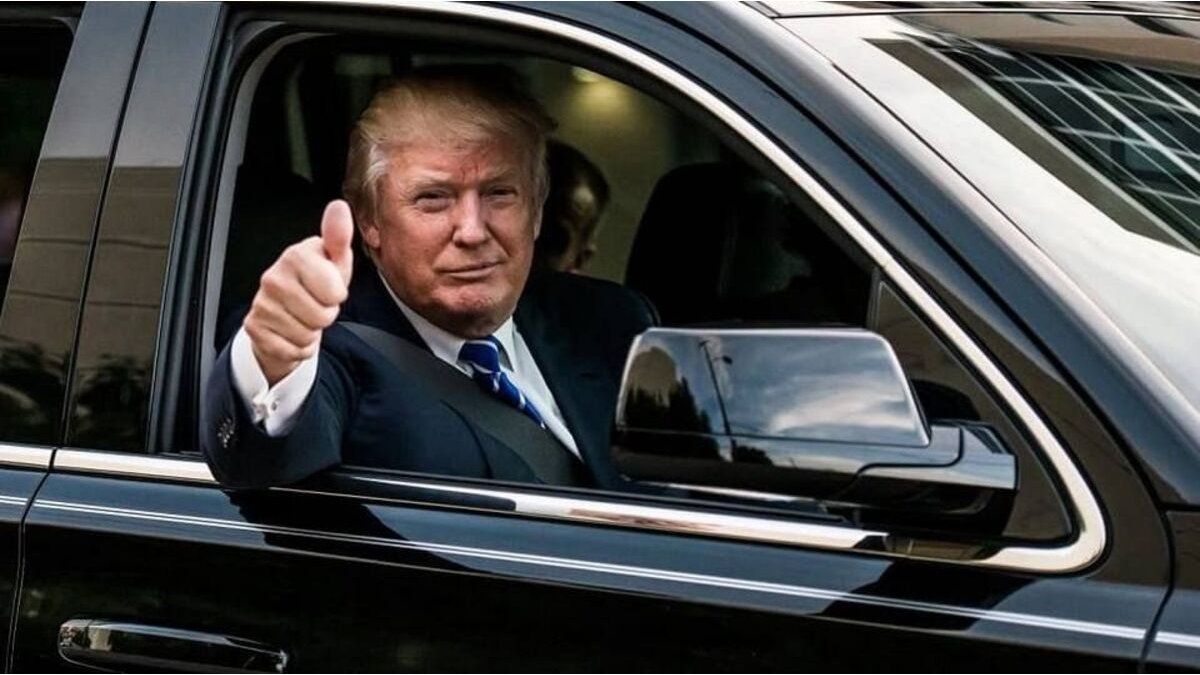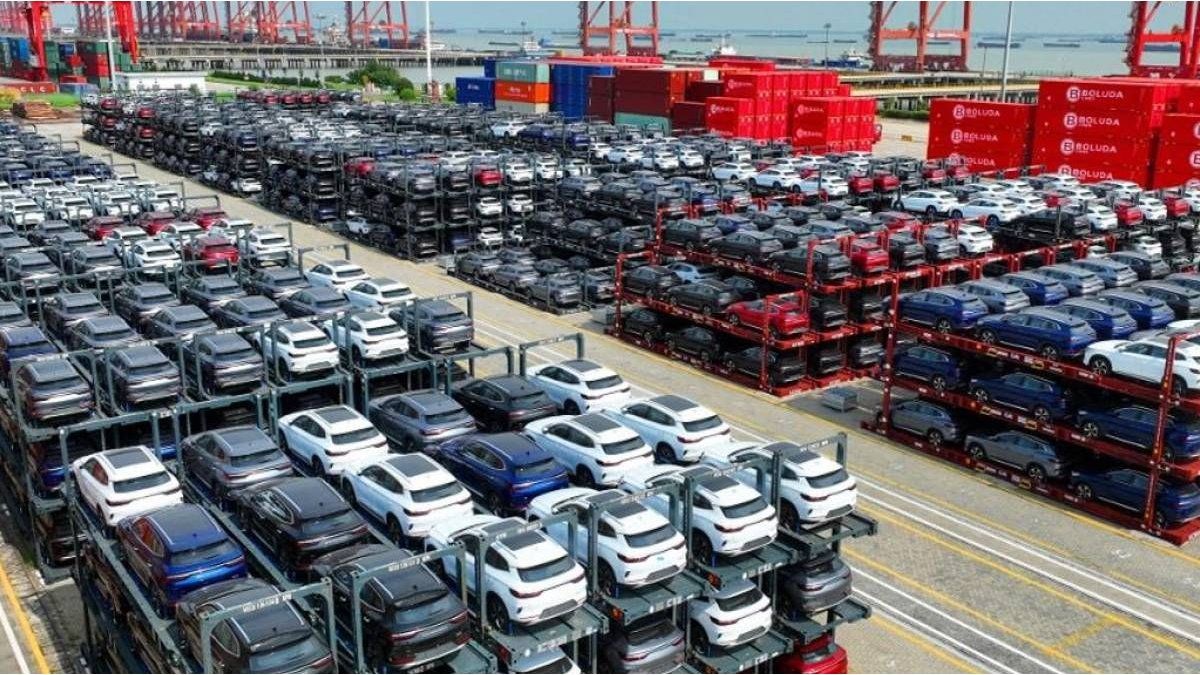The president of the United States, Donald Trump, on Tuesday signed a decree that Softens the impact of your cars tariffs With a mixture of credits and relief from other taxes to the materials, and their trade team promoted its first agreement with a foreign commercial partner.
The advances helped relieve investors’ concern for the erratic commercial policies of Trump.
Donald Trump softens tariffs for the automotive industry
The change is known on the day Trump was heading to Michigan, the cradle of the US car industry and few days before a new 25% tax series entered into force to the importation of cars.
The trip, before his hundredth day in office, arrives at a time when Americans have an increasingly favorable opinion of Trump’s economic management, indicating that tariffs will weigh on growth and could raise inflation and unemployment.
Donald Trump
Donald Trump threatens to sign 200% tariffs for the importation of alcoholic beverages of the European Union.
In his last partial reversal of tariff policies, the Republican President agreed to provide car manufacturers credits for up to 15% of the value of assembled vehicles in the country, which could be applied to the value of imported parts, which would give time to the supply chains to return to the United States.
Industry leaders had pressed the government since Trump first revealed their 25% tariffs on imported vehicles and car parts.
The levies, destined to force car manufacturers to relocate manufacturing in the country, had Threatened to disturb an integrated American automotive production network through the United States, Canada and Mexico.
This offers the industry a “small relief” while companies invest in more production in the United States, Trump said when leaving Washington to Michigan. “We just wanted to help them (…) If they can’t get pieces, we didn’t want to penalize them.”
The uncertainty unleashed throughout the sector by Trump’s tariffs remained on Tuesday when GM withdrew its annual forecast, although it reported strong sales and quarterly gains.
In an unusual movement, the car manufacturer also chose to delay a programmed telephone conference with analysts, until the details of the tariff changes were known.
Meanwhile, United States Secretary of Commerce, Howard Lutnick, told CNBC that he had reached an agreement with a foreign power that should permanently relieve the “reciprocal” tariffs that Trump plans to impose.
Lutnick did not want to identify the country, saying that the agreement was pending local approvals. “I have a closed agreement (…) but I have to wait for his prime minister and his parliament to give approval,” said the official.
Lutnick’s comments helped further lift the prices of actions that had been beaten by Trump’s measures to reform world trade and force goods manufacturers to transfer production to the United States.
By David Lawder, Andrea Shalal and Kalea Hall, from Reuters Agency
Source: Ambito




